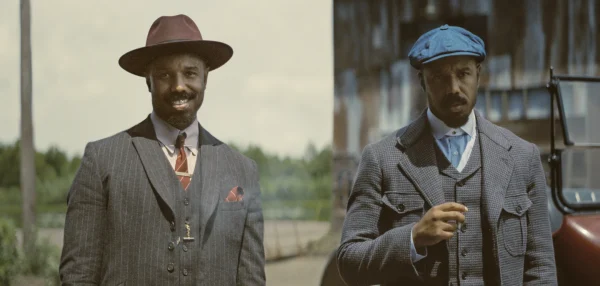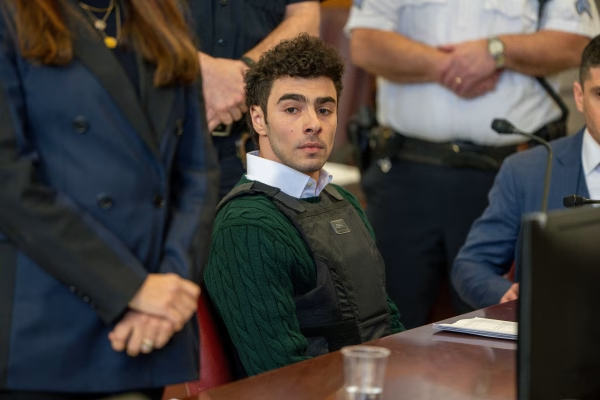Peace promoted for Uganda at conference
Professor speaks about power of media to create culture of forgiveness
Steven Youngblood, director of the Center for Global Peace Journalism and associate professor at Park University, spoke at a conference held at Johnson County Community College on Saturday, titled “Culture of Forgiveness: Peacebuilding Lessons from Uganda.”
Youngblood spoke specifically about peace and reconciliation journalism, giving tangible evidence of the positive effects of peace journalism in Uganda, including the results of his own personal efforts.
Youngblood described how the Ugandan people, suffering from extreme poverty and the effects of war, are in need of reconciliation.
He said this can manifest itself in trauma healing, truth telling, forgiveness, transitional justice, trust building and defining a shared vision.
Among the many different components involved in facilitating reconciliation in a country such as Uganda, Youngblood said from his perspective media plays the most important role.
“Media in Uganda, and media anywhere, can be a powerful tool, not just to disseminate information but a powerful tool for reconciliation,” he said.
He continued by listing reconciliation strategies that the media can use to help societies heal. These strategies include implementing peace radio and television, which describes how to promote and present peaceful messages and how to report in a peace-journalism fashion.
According to Youngblood, peace journalism is “when reporters and editors make choices that can create an atmosphere conducive to peace. Choices such as the words that we use, the way the stories are framed, who we talk to, whether or not we sensationalize our stories.”
He also said peace journalism is not open advocacy for peace or abandoning objectivity but it is the abandoning of sensationalism. He also said it gives those who seek peace a place at the table and a proportionate voice.
“Peace journalists consider the consequences of their reporting,” he said.
“Peace journalists carefully choose and analyze the words that they use. Language matters. Words matter.”
Ugandan journalists have embraced and implemented the peace journalism model and these efforts have manifested themselves in a few ways.
The training in Uganda includes public service announcements; press clubs in which Ugandan journalists meet periodically to compare stories; and talk programs on local radio stations done in conjunction with peace clubs.
These community leaders meet regularly to work with journalists in keeping these peace journalism notions at the front of the agenda.
“Peace journalism gives a voice to the voiceless,” Youngblood said.
“Peace journalists provide depth and content instead of just blow-by-blow accounts of what’s happening… Journalism can be a tool for forgiveness and reconciliation… We hope that these efforts by Ugandan journalists can be a model to journalists elsewhere who are looking to leverage media as tools for peace and reconciliation.”
Your donation will support the student journalists of Park University. Your contribution will allow us to cover our annual website hosting costs, freeing up other funds for equipment, printing and training.






